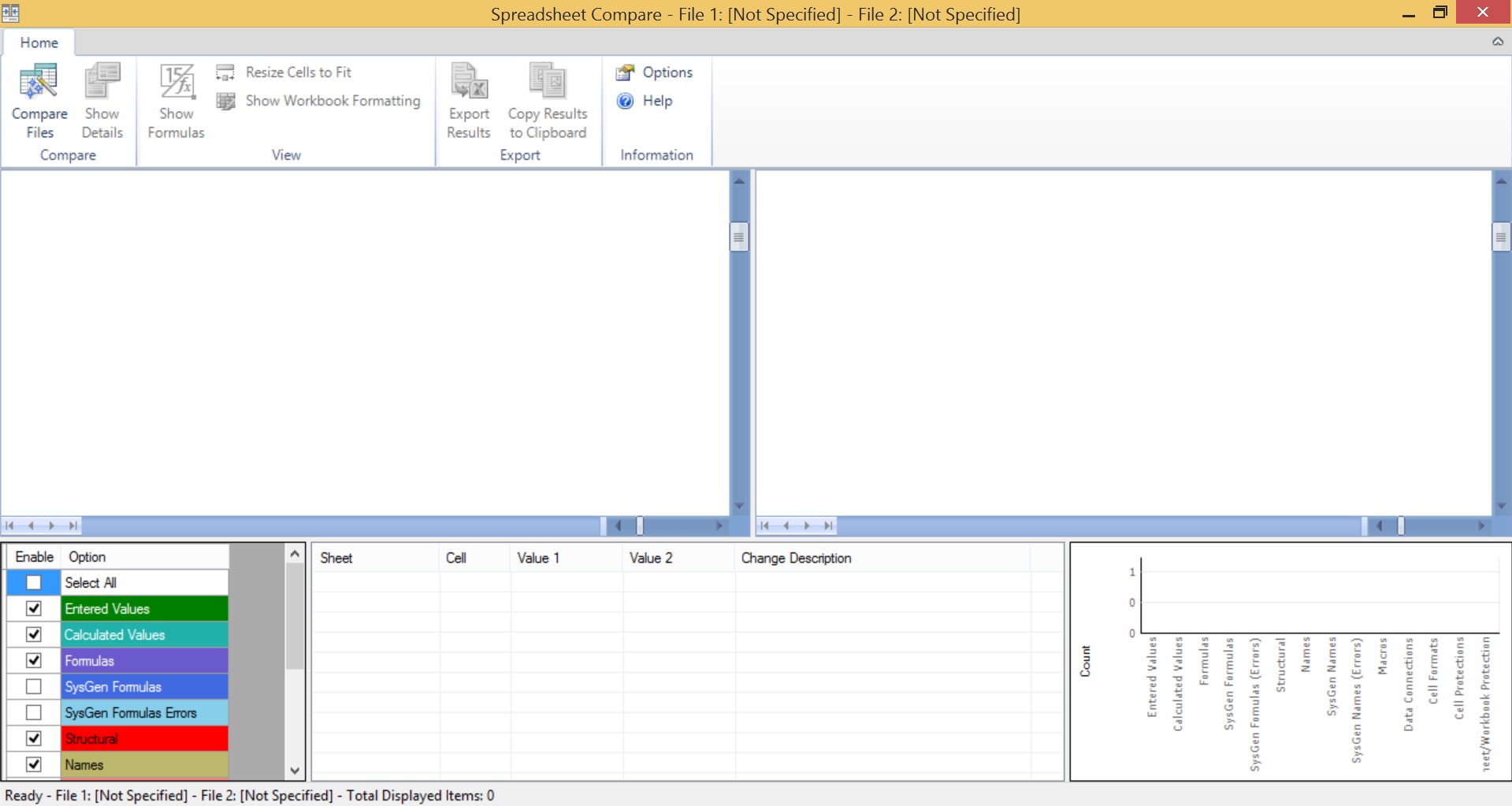Comparing Excel files
May 05, 2014
I sometimes have the need to compare between different versions of a CSV or Excel file. Often to compare data differences between older and newer versions of the file.
When it’s just a simple CSV file then I initially used some powershell:
Compare-Object $(Get-Content c:\Tfs\Dev\DataDiff\basesample.csv) $(Get-Content C:\Tfs\Dev\DataDiff\samplewithdiffvalues.csv)
This did the job, then I found a decent free comparer for Excel (not CSV format) http://www.grigsoft.com/wincmp3.htm))
If you don’t mind paying a little extra and well worth the licence by the way for the comprehensive compare options it offers (not just Excel), Beyond Compare is great for this.
However, I recently found a free add Included as part of Excel 2013 which offers great way of visualising the differences: http://office.microsoft.com/en-001/excel-help/what-you-can-do-with-spreadsheet-inquire-HA102835926.aspx
It’s also available from your start menu (Windows 7) or through Search Charm (Windows 8) as Speadsheet Compare 2013.

Add tracing to a legacy ASMX service
February 05, 2014
To add tracing to legacy ASMX service for detailed trouble shooting, add the following to the web.config:
<system.diagnostics>
<trace autoflush="true" />
<sources>
<source name="System.Web.Services.Asmx">
<listeners>
<add type="System.Diagnostics.DefaultTraceListener" name="Default">
<filter type="" />
</add>
<add initializeData="local.log" type="System.Diagnostics.TextWriterTraceListener"
name="AsmxTraceFile" traceOutputOptions="LogicalOperationStack, DateTime, Timestamp, ProcessId, ThreadId">
<filter type="" />
</add>
</listeners>
</source>
</sources>
<switches>
<add name="System.Web.Services.Asmx" value="Verbose" />
</switches>
</system.diagnostics>